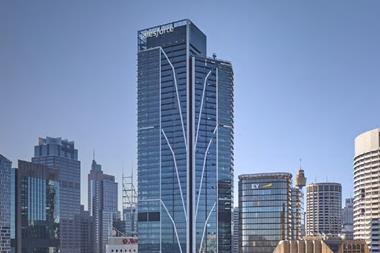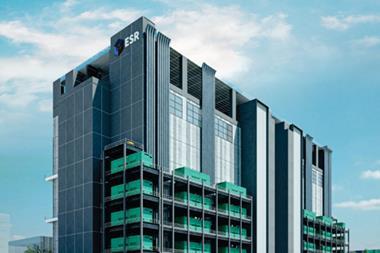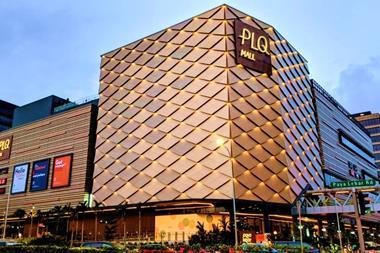MIDDLE EAST - Middle East institutional investors with liquid funds will dominate infrastructure in their domestic region, according to McKinsey experts.
Kito de Boer, a director in McKinsey's Dubai office, forecast in an interview broadcast last week the region will generate "one, possibly two, significant ports and port operators" as well as two world-class airports within 20 years.
He said much has changed in the regional investment appetites over the 20 years since the previous oil price peak.
"The contrast is that 20 years ago wealth was immediately invested into Western capital markets because domestic states lacked institutional mechanisms and absorptive capacity, and into military purchases," said de Boer.
"Now we are seeing a strategic shift in thinking. Building infrastructure is a priority, especially in energy-intensive industries."
He forecast 20% of capital being generated over coming decades would be invested in infrastructure, citing three airports currently in development and the region's eight major port projects.
Meanwhile, McKinsey global institute director Diana Farrell predicted regional growth would top US$9tn.
"These are new pools of liquidity," said Farrell. "The UK and US saw globalisation as the export of the Anglo-Saxon model. But it won't be, as Middle East investors are creating liquidity in overseas markets."
Sovereign wealth funds account for around £1 -1.5tn (€1.25-1.875trn) of the total in the region, and government investment corporations are becoming "increasingly active" said Farrell, noting "these corporations are worth $100bn and growing rapidly".
De Boer said regional reaction to recent concern over SWFs' overseas investment had been threefold.
The first, as he describes it, was "a pot-calling-the-kettle-black reaction" as de Boer recognises "there is a long and ignoble tradition of investors having political motives".
The second reaction was relief that the debate has moved from the pages of the press to the dark rooms of IMF technocrats," de Boer suggested: "They're comfortable that a set of guidelines will come out of this to which they will all be happy to subscribe to."
The third reaction by SWFs, concludes de Boer, was to flex their economic muscles.
"They're going to invest their money where they're welcome," said de Boer. "Why not go to those parts of the world that will meet them with red carpets rather than red tape? They're looking East and to Africa."












